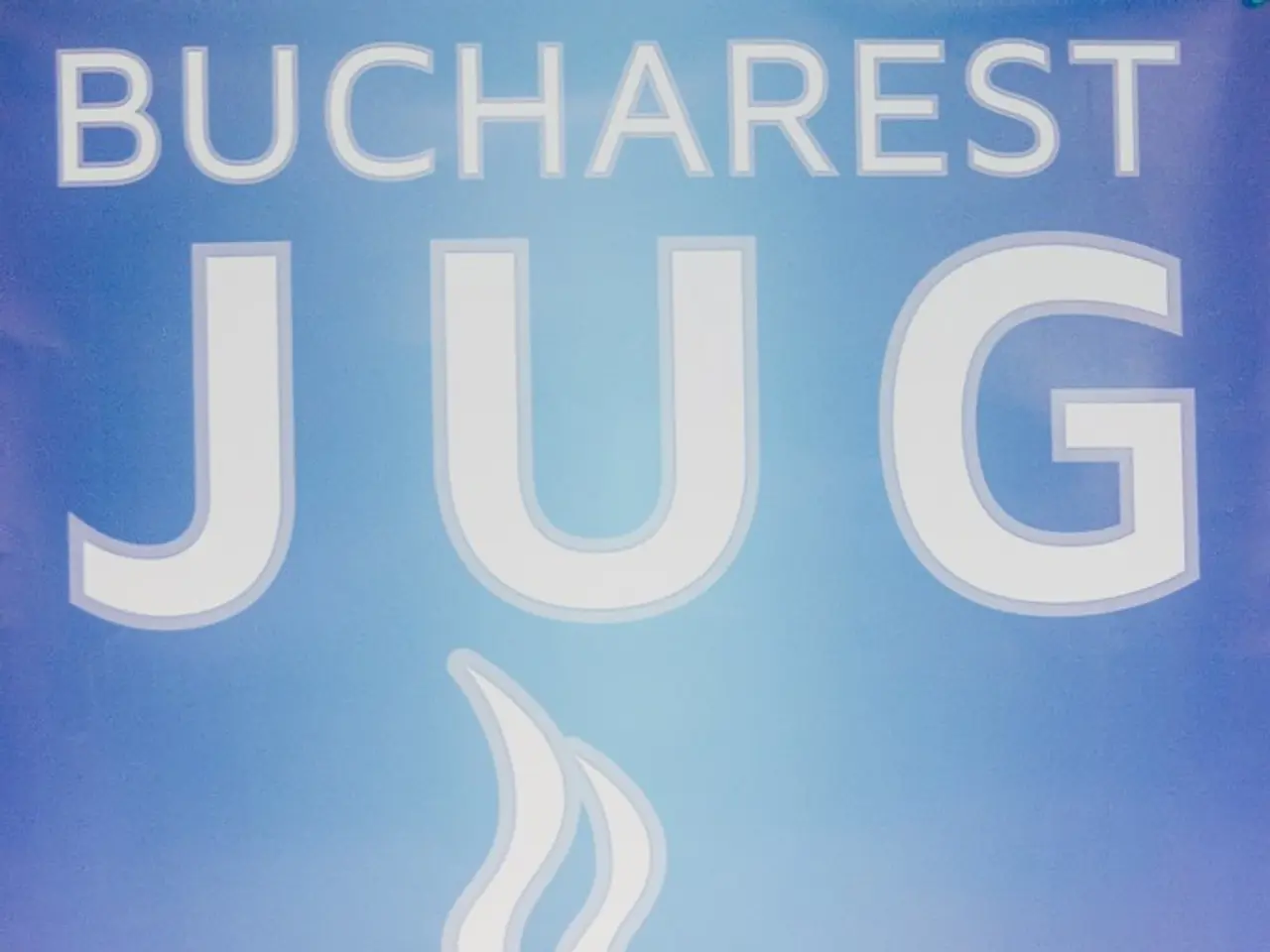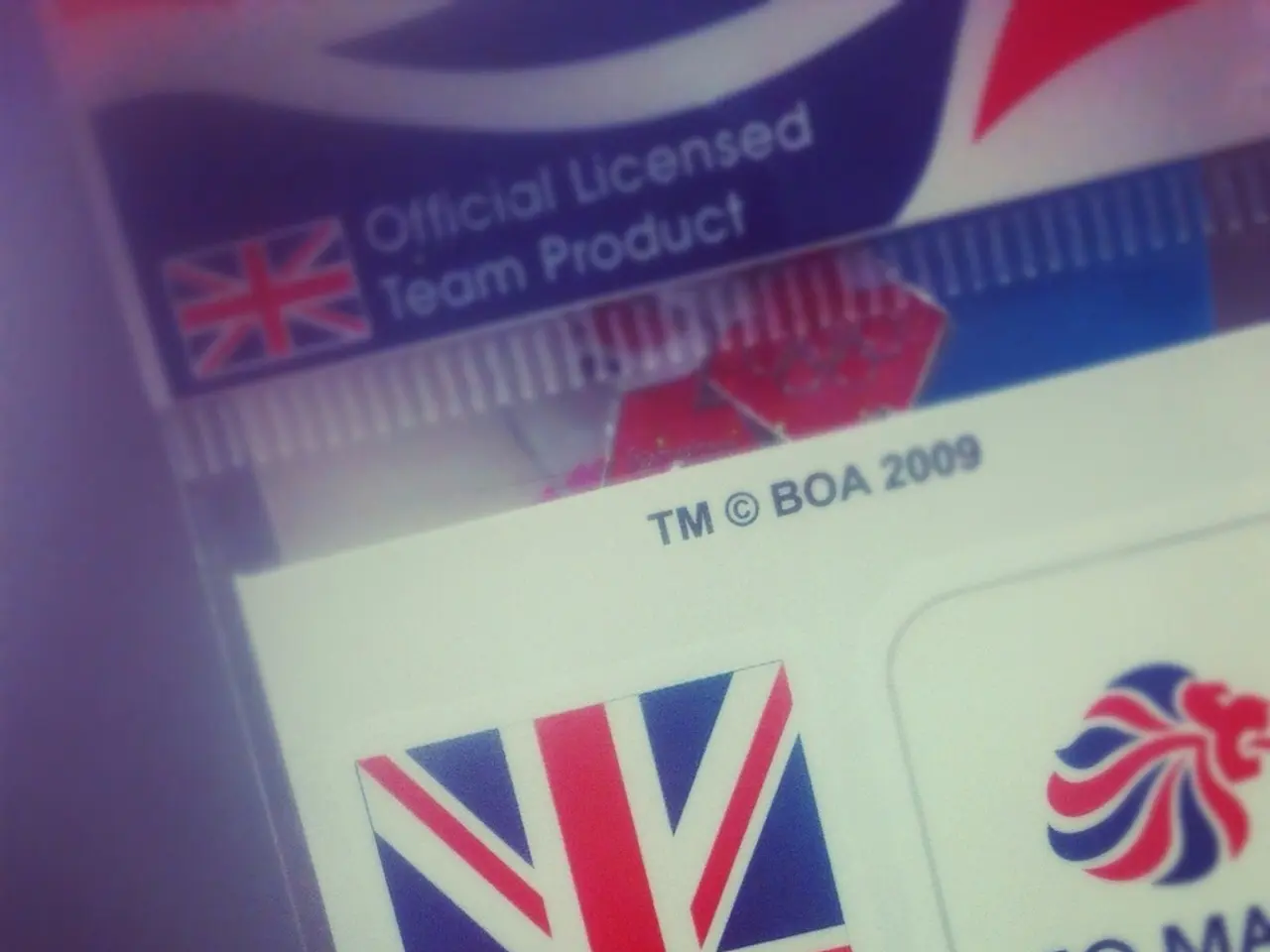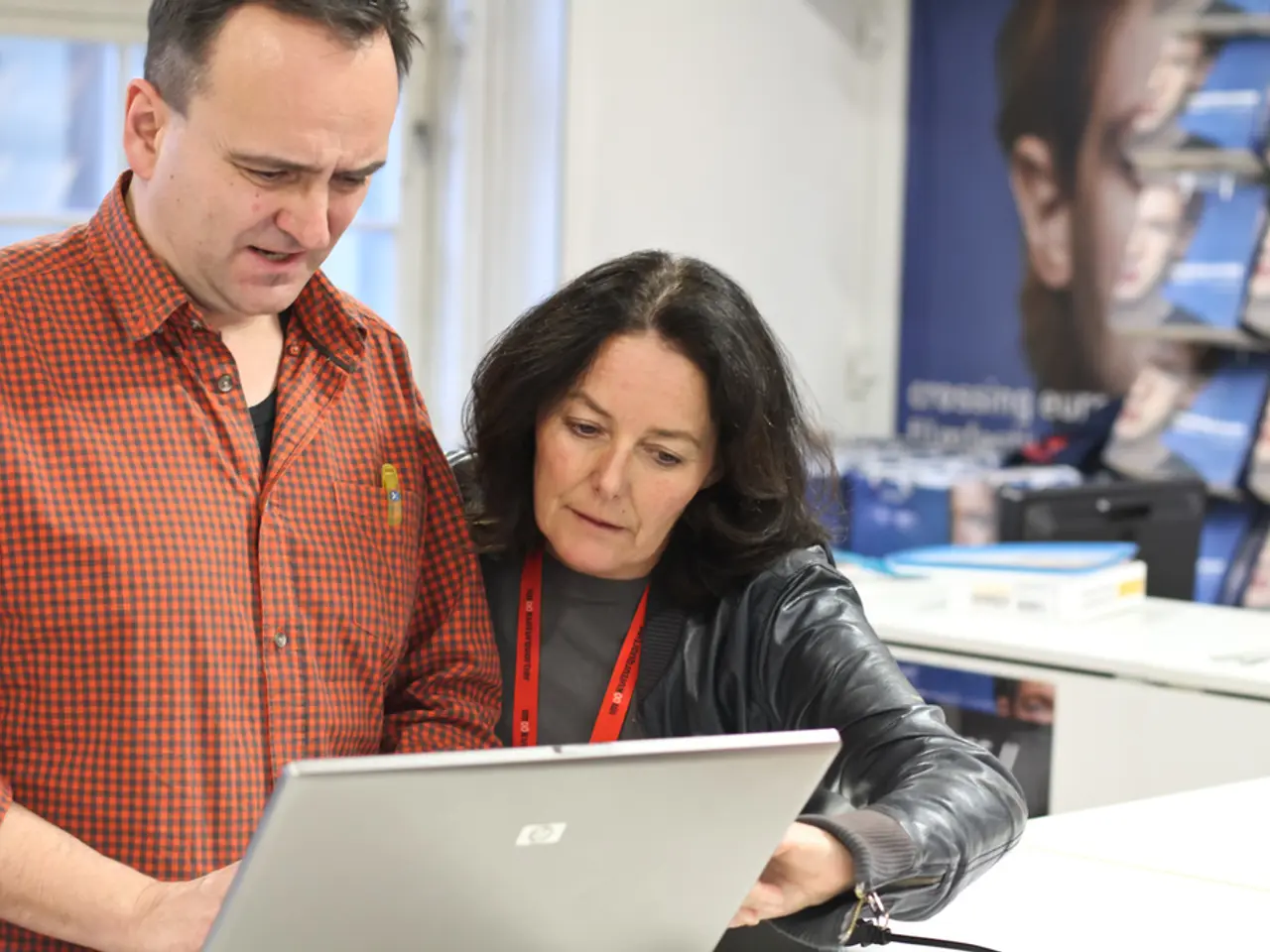Insights from the Sony Pictures WikiLeaks vault on password security
The Sony Pictures hack, widely attributed to North Korean hackers, has once again brought the issue of cybersecurity to the forefront. Security expert Graham Cluley has highlighted the advantages of multi-factor authentication (MFA) over passwords alone for securing networks and data.
In the wake of the Sony Pictures hack, it was revealed that passwords such as 'password' and identical passwords to usernames were used on Sony's servers. Additionally, many employees at Sony Pictures had poor password practices, as evidenced by the fact that 1,100 of the 30,287 Sony Pictures documents in the WikiLeaks haul contain the word 'password'.
The leaked data included marketing secrets, gossipy emails about producers trashing actors, and emails showing cozy links with the US Democratic Party. The hackers held Sony Pictures to ransom for months, leaking terabytes of internal data to journalists.
Cluley emphasizes that MFA adds an essential extra layer of protection beyond just a password. MFA requires multiple forms of verification, such as something you know like a password, plus something you have or are, like a phone or biometric data. This makes unauthorized access much harder, even if a password is compromised.
The key advantages of MFA over passwords, as suggested by experts like Cluley, include increased security, mitigation of password weaknesses, protection against common attacks, and improved network and data security. While emerging sophisticated attacks can sometimes bypass MFA mechanisms, MFA remains vastly superior to password-only authentication in preventing breaches.
Cluley finds it concerning that even large companies like Sony still rely on end users to secure their data. He argues that passwords are not suitable for securing networks and data due to their continuous recycling and misuse by users. He suggests that businesses should stop allowing end users to use inadequate passwords and adopt advanced multi-factor authentication to make it more difficult for accounts to be breached.
The document dump has been a revelation, showing that the public relations nightmare could have been avoided with better password management. The documents also reveal a tawdry world of movie making that Sony would rather keep behind closed doors. With the widespread use of smartphones, Cluley believes that the adoption of multi-factor authentication methods as a replacement for the password is not far off.
WikiLeaks published the leaked data in full as a searchable online archive. Cluley asserts that the strategy of relying on end users to secure data is failing and that it's time for businesses to take a more proactive approach to cybersecurity.
[2] Reference for further reading on the topic. [4] Reference for further reading on the topic.
In the aftermath of the Sony Pictures hack, it has become evident that traditional passwords, such as those used by Sony's employees, are not enough to safeguard sensitive data and networks. To address this issue, security experts advocate for the adoption of advanced multi-factor authentication (MFA) that involves multiple forms of verification, thereby enhancing overall cybersecurity and reducing the likelihood of unauthorized access. Despite the sophisticated attacks that can occasionally bypass MFA mechanisms, MFA is deemed significantly more effective than password-only authentication in thwarting data breaches.




